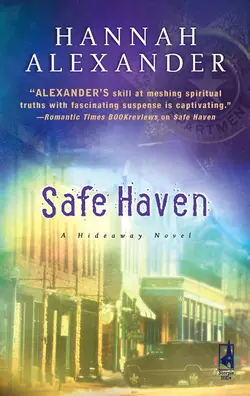Safe Haven

Hannah Alexander
Тип: электронная книга
Жанр: Современная зарубежная литература
Язык: на английском языке
Стоимость: 152.29 ₽
Статус: В продаже
Издательство: HarperCollins
Дата публикации: 16.04.2024
Отзывы: Пока нет Добавить отзыв
О книге: A TEENAGE FUGITIVE–Youthful master of disguise Fawn Morrison comes to Hideaway seeking refuge. Now that her dangerous game has turned deadly, she must entrust her safety to strangers.A DOUBTING DOCTOR–Karah Lee Fletcher relishes the challenges offered by Hideaway′s new clinic, until an unsettling discovery shakes her confidence. Despite self-doubt, she reaches out to Fawn and finds unexpected grace.A LONELY RANGER–Their first meeting leaves Ranger Taylor Jackson vowing to avoid strong-willed Karah Lee. Yet, observing her interact with patients, Taylor begins to feel admiration. Could it lead to something deeper?